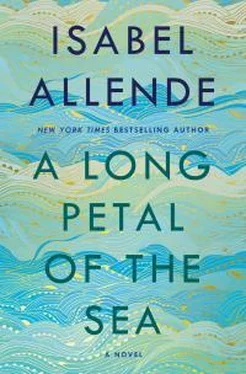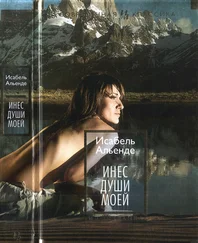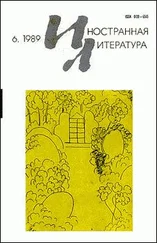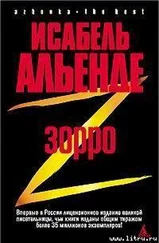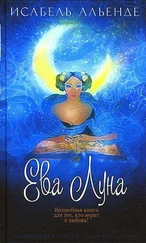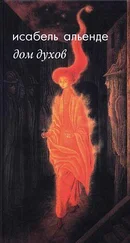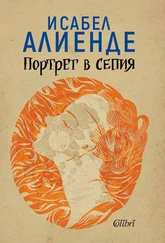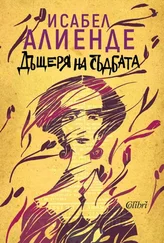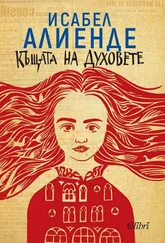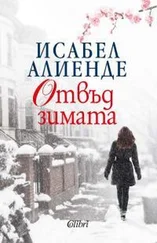Marcel had studied English with the same quiet obstinacy that made him refuse to speak Catalan, and was able to adapt after only a few weeks in Colorado. He arrived at the start of a golden fall, and a couple of months later was shoveling snow. He joined bike enthusiasts training to cross the United States from the Pacific to the Atlantic, and another group that climbed mountains. Victor was never able to go and see him; with all the disturbances, demonstrations, shutdowns, strikes, and overwork, he couldn’t find time to travel. But Roser visited him a couple of times and was able to inform the rest of the family that her son had possibly said more in English in Colorado than he had in Spanish in all his previous life. He had shaved off his beard and wore a short ponytail. Àvia was right, he did look like Dominguin.
Far from his family’s scrutiny, free from the conflicts and injustices taking place in Chile, and in the intellectual oasis of the university, where he spent his time deciphering the secret nature of rocks, for the first time he felt comfortable in his own skin. In Colorado he wasn’t the son of refugees, nobody had heard of the Spanish Civil War, and only a few people could place Chile on a map, much less Catalonia. In this foreign reality and in a different language he made friends, and within a few months was living in a tiny apartment with his first love, a young Jamaican woman who studied literature and wrote for newspapers. On Roser’s second visit, she met the girlfriend and returned to Chile commenting that as well as being beautiful, she was as bubbly and talkative as Marcel was introverted. “Don’t worry, Doña Carme, your grandson is finally wising up. The Jamaican girl is teaching him to dance to her country’s rhythms. If you saw him writhing around to the sound of drums and maracas, you wouldn’t believe it.”
—
AS SHE FEARED, Àvia never embraced her grandson again, nor did she meet the Jamaican girl or any of his other girlfriends, or the great-grandchildren who would have prolonged the Dalmau lineage. She died in her bed on the morning of her eighty-seventh birthday, when the tent and tables for the party had already been set up behind the house. She had gone to bed with her smoker’s cough as always, but in good health and looking forward to the celebration. Jordi Moline woke to the daylight filtering in through the slats in the shutters. He lay around in bed, waiting for the smell of toast to tell him it was time to get up, put his slippers on, and have breakfast. It took him several minutes to realize that Carme was still alongside him, motionless and cold as marble. Taking her by the hand, he lay there quietly, sobbing gently as he took in the terrible betrayal of her going first and leaving him all alone.
Roser discovered Carme around one o’clock that afternoon, when she appeared at the house with the birthday cake and a car full of balloons to set the tables before the caterer and his assistants arrived. She was surprised by the silence and darkness in the house, the closed shutters and stale air. She called out to her mother-in-law and Jordi from the living room before going to look for them in the kitchen and then venturing into the bedroom. Afterward, as soon as she could react, she picked up the telephone and first dialed Victor’s number at the hospital and then Marcel’s at his hotel in Buenos Aires, where by chance he had been visiting with a group of students. She told them Àvia had died, and Jordi had disappeared.
Carme had said on more than one occasion that if she died in Chile she wished to be buried in Spain, where her husband and son Guillem were laid to rest, but if she died in Spain she wanted to be buried in Chile, to be near the rest of her family. Why? Well just to cause trouble, she would say with a laugh. And yet it wasn’t simply a joke, it was the anguish of divided love, separation, of living and dying far from one’s loved ones.
Marcel was able to fly to Santiago the next day. They kept vigil over the grandmother in the house where she had lived with Jordi Moline for nineteen years. There was no religious ceremony, because the last time Carme had set foot in church was as a little girl, before she fell in love with Marcel Lluis Dalmau. However, without being asked, two Maryknoll priests who lived nearby turned up. In the past, Carme had traded serrano ham and manchego cheese Jordi obtained illegally for cigarettes the priests had been sent from New York. The two improvised a funeral service with a guitar and singing that would have pleased Carme.
The only inconsolable member of the family was her grandson, Marcel, who had enjoyed the closest relationship with Àvia . He drank two glasses of pisco and sat and wept for all he hadn’t managed to say to her, for the lost tenderness he had been ashamed of showing her, for having refused to talk to her in Catalan, for having made fun of her disastrous cooking, for not having answered every single one of her letters. He was the one closest to the heart of that rebellious, bossy grandmother who had written him a daily letter after he left for Colorado until the day before she died. From then on, the only thing that went with Marcel wherever he happened to live was the shoe box tied up with string that contained the three hundred and fifty-nine letters from his Àvia . Quiet and sad, Victor sat down next to Marcel, reflecting that his small family had lost the cornerstone that held it up. Much later that night, he said as much to Roser when they were alone in their bedroom. “You’re the cornerstone that’s always held us up,” Roser told him.
Among the mourners at the wake were neighbors, former colleagues, and students from the school where Carme had taught for years, friends from the days when she accompanied Jordi to the Winnipeg tavern, and friends of Victor and Roser. At eight o’clock that night the police arrived on motorcycles and blocked off the whole street to allow three blue Fiats to enter. One of them contained the president, who had come to offer his condolences to his chess-playing friend.
Victor bought a plot in the cemetery big enough to accommodate not only his mother, but Jordi and possibly his father’s remains, if in the future they succeeded in bringing them from Spain. He realized that from this moment on he belonged definitively to Chile. “Our homeland is where our dead are buried,” Carme always used to insist.
The police meanwhile were searching for Jordi Moline. The old man had no family, and his friends were the same as Carme’s. None of them had seen him. Thinking that due to his slight dementia he might have gotten lost, the Dalmaus put up his photograph on posters in local shops, and left the door to his house unlocked in case he returned. Roser thought he must have left in pajamas and slippers, because it seemed to her all his clothes were still in his wardrobe, but she couldn’t be sure. This was confirmed the following summer, when the level of the Mapocho River dropped and they finally found what was left of the old man caught in some reeds. The only items of clothing recovered were shreds of his pajamas. A whole month went by before he was definitely identified and handed over to the Dalmau family for burial beside Carme.
—
DESPITE PROBLEMS OF EVERY kind, galloping inflation, and the catastrophic news spread by the press, the Allende government still had popular support. This was demonstrated in the parliamentary elections, when its share of the vote grew unexpectedly, making it plain that the economic crisis and the hate campaign would not be enough to get rid of Allende.
“The right wing is arming itself, Doctor,” Victor was warned by the patient who brought him toilet paper. “I know, because in my factory there are rooms locked with metal bars and padlocks. Nobody can enter.”
Читать дальше
